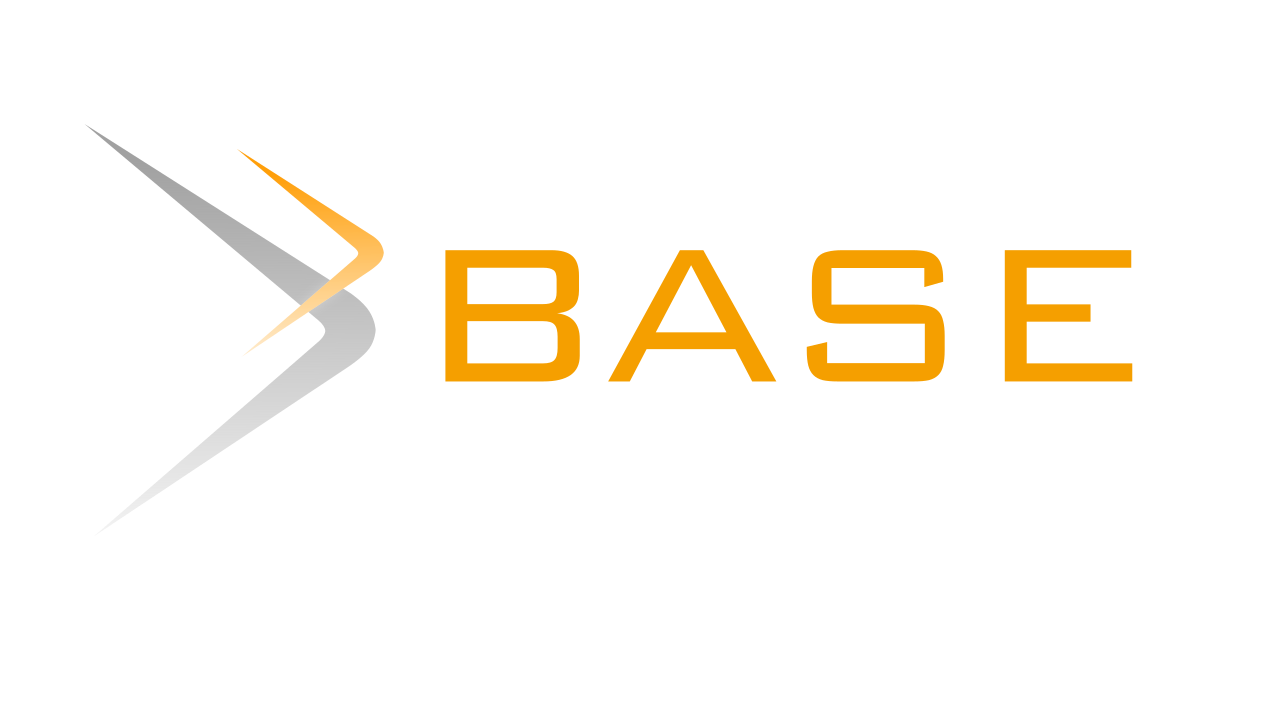Green Tax As A Solution To Reduce The Use Of Plastic Bags In The Retail Industry In Indonesia
DOI:
https://doi.org/10.32486/aksi.v10i2.877Keywords:
Green Tax, Ritel Busines, Plastic Bags, Plastic WasteAbstract
The presence of plastic waste in Indonesia has become increasingly alarming. Indonesia is the second-largest contributor to plastic waste globally, after China. Plastic waste falls into the category of non-biodegradable waste, requiring a long time to decompose, making it highly hazardous to the environment. Plastic products, such as plastic bags from retail business activities and the lack of public awareness regarding their use, are among the largest contributors to plastic waste in Indonesia. The main objective of this study is to examine the effectiveness of Green Tax policies implemented in other countries' retail industries as a means of reducing plastic bag usage, formulate the Green Tax concept as a solution for reducing plastic bag usage in Indonesia’s retail industry, and identify the challenges and benefits it brings to the country. The research method used in this study is a literature review by analyzing articles and scholarly journals from data-based sources such as Google Scholar regarding Green Tax in efforts to reduce plastic bag usage. The results of the literature review indicate that the Green Tax concept can be implemented in Indonesia’s retail industry through a plastic bag tax, where each plastic bag used will be subject to an additional charge, with part of the revenue allocated to environmental conservation. Beyond shifting the burden onto consumers in the retail industry, the Green Tax concept also serves as a solution for reducing plastic bag usage by encouraging environmentally friendly behavior and fostering a sustainable circular economy initiative. The success of the Green Tax concept relies heavily on the crucial roles of all stakeholders, including the government, retail companies, the Indonesian Olefin and Plastic Industry Association (INAPLAS), environmental conservation organizations, and the public.
References
Anastasio, M., & Nix, J. (2022). Plastic Bag Levy in Ireland. Institute for European Environmental Policy, 9. Retrieved from https://ieep.eu/uploads/articles/attachments/7f91cb97-8cb7-49c3-9cf0-d34062a9192e/IE Plastic Bag Levy conference draft.pdf?v=63673818840
Angriani, D. (2019). Gerai ritel hasilkan 9,85 miliar sampah plastik setahun. Retrieved from Medcom.id website: https://www.medcom.id/ekonomi/mikro/GNlY6Ggb-gerai-ritel-hasilkan-9-85-miliar-sampah-plastik-setahun
Fang, G., Chen, G., Yang, K., Yin, W., & Tian, L. (2023). Can Green Tax policy promote China’s energy transformation? – A nonlinear analysis from production and consumption perspectives. https://doi.org/10.1016/j.energy.2023.126818
Firdha, N., Damira, Fitri, R., Selaras, G. H., & Saputra, I. G. N. (2021). Studi Literatur Tentang Peningkatan Kompetensi Belajar Peserta Didik Melalui Kegiatan Pembelajaran Kolaboratif Berbasis Lesson Study. Prosiding SEMNAS BIO, 01, 1005–1013.
Hermansjah, T. F., Sulistiyo, B., Sudiro, Rosyidi, S., & Triatmojo, T. (2021). Warta Bea Cukai: Mengatasi sampah plastik lewat Cukai (Vol. 53).
Subdirektorat Komunikasi dan Publikasi, Direktorat Kepabeanan Internasional dan Antar Lembaga Direktorat Jenderal Bea dan Cukai - Kementerian Keuangan Republik Indonesia.
HSBC Indonesia. (2019). Memahami apa itu bisnis retail dan karakteristiknya. Retrieved from HSBC Indonesia website: https://www.hsbc.co.id/1/PA_esf-ca-app-content/content/indonesia/personal/offers/news-and-lifestyle/files/articles/html/201906/memahami-apa-itu-bisnis-retail-dan-karakteristiknya.html
Huggett, C., & Hatch, P. (2023). Green tax: Environmentally friendly behavior. Retrieved from Wolters Kluwer website: https://www.wolterskluwer.com/en/expert-insights/green-tax-environmentally-friendly-behavior
Humairoh, & Annas, M. (2022). Faktor Penentu Perilaku Hijau untuk Mengurangi Kantong Belanja Plastik. Jurnal Manajemen, 13(3), 412. https://doi.org/10.32832/jm-uika.v13i3.
Indonesia.go.id. (2019). Menenggelamkan pembuang sampah plastik di laut. Retrieved from Indonesia.go.id website: https://indonesia.go.id/
Juniartini, N. L. P. (2020). Pengelolaan Sampah Dari Lingkup Terkecil dan Pemberdayaan Masyarakat sebagai Bentuk Tindakan Peduli Lingkungan. Jurnal Bali Membangun Bali, 1(1), 27–40. https://doi.org/10.51172/jbmb.v1i1.106
Kemenkeu. (2019). Darurat Sampah Bukan Fatamorgana. Media Keuangan, 14, 16–26.
Mogomotsi, P. K., Mogomotsi, G. E., & Phonchi, N. D. (2019). Plastic bag usage in a taxed environment: Investigation on the deterrent nature of plastic levy in Maun, Botswana. Waste Management & Research, 37(1), 20–25. https://doi.org/10.1177/0734242X18801495
Nizar, M., Putra, A., Zahrani, N. A., Zahra, T. A., Bella, B. C., Hariyadi, A. G., … Firdausi, K. (2025). Sampah Plastik sebagai Ancaman terhadap Lingkungan Universitas Muhammadiyah Surakarta , Indonesia. Aktivisme : Jurnal Ilmu Pendidikan, Politik Dan Sosial Indonesia, 2(1), 154–165. https://doi.org/https://doi.org/10.62383/aktivisme.v2i1.725
Novianti, A. I., & Kartika, L. (2017). Pengaruh Green Marketing Kebijakan Kantong Plastik Bogor. Jurnal Riset Manajemen Dan Bisnis, 2(1), 81–94. ISSN: 2527-7502.
Purwoko, P. (2015). Analisis Efektivitas Pengenaan Cukai Atas Produk Kantong Plastik Dan Dampaknya Terhadap Perekonomian. Kajian Ekonomi Dan Keuangan, 16(2), 78–105. https://doi.org/10.31685/kek.v16i2.44
Rahmi, N., & Selvi, S. (2021). Pemungutan Cukai Plastik Sebagai Upaya Pengurangan Sampah Plastik. Jurnal Pajak Vokasi (JUPASI), 2(2), 66–69. https://doi.org/10.31334/jupasi.v2i2.1430
Rivers, N., Shenstone-Harris, S., & Young, N. (2017). Using nudges to reduce waste? The case of Toronto’s plastic bag levy. Journal of Environmental Management, 188, 153–162. https://doi.org/10.1016/j.jenvman.2016.12.009
Susanti, R. (2016). Di Superindo, Belanja Tak Pakai Kantong Plastik Langsung Dapat Diskon. Retrieved from Kompas.com website: https://regional.kompas.com/
Walker, T., Gramlich, D., & Dumont-Bergeron, A. (2020). The case for a plastic tax: A review of its benefits and disadvantages within a circular economy. Sustainability, 4, 185–211. https://doi.org/10.1108/S2514-175920200000004010
Ward, B., & Hicks, N. (2022). What is the polluter pays principle? Retrieved from The London School of Economics and Political Science website: https://www.lse.ac.uk/granthaminstitute/explainers/what-is-the-polluter-pays-principle/
Warta Geospasial. (2020). Bahaya Sampah Plastik. Warta Geospasial: Media Informasi Badan Informasi Geospasial.
Wulandari, A. (2017). Kajian terhadap teori Green Tax di Indonesia. Universitas Brawijaya.
Yolanda, I. R., & Saputra, A. H. (2021). Penerapan Kebijakan Ekstensifikasi Barang Kena Cukai Terhadap Produk Plastik Di Indonesia. Jurnal Perspektif Bea Dan Cukai, 5(2), 290–305. https://doi.org/10.31092/jpbc.v5i2.1309
Yustiani, S., & Maryadi, M. (2020). Studi Komparasi Penerapan Kebijakan Penggunaan Kantung Plastik. Jurnal Pajak Indonesia (Indonesian Tax Review), 3(2), 51–59. https://doi.org/10.31092/jpi.v3i2.717
Downloads
Published
How to Cite
Issue
Section
License
Copyright (c) 2025 Nor Rahma Rizka, Hana Sajidah, Noor Aulya Azizah, Octavia Ramadhani

This work is licensed under a Creative Commons Attribution-ShareAlike 4.0 International License.














